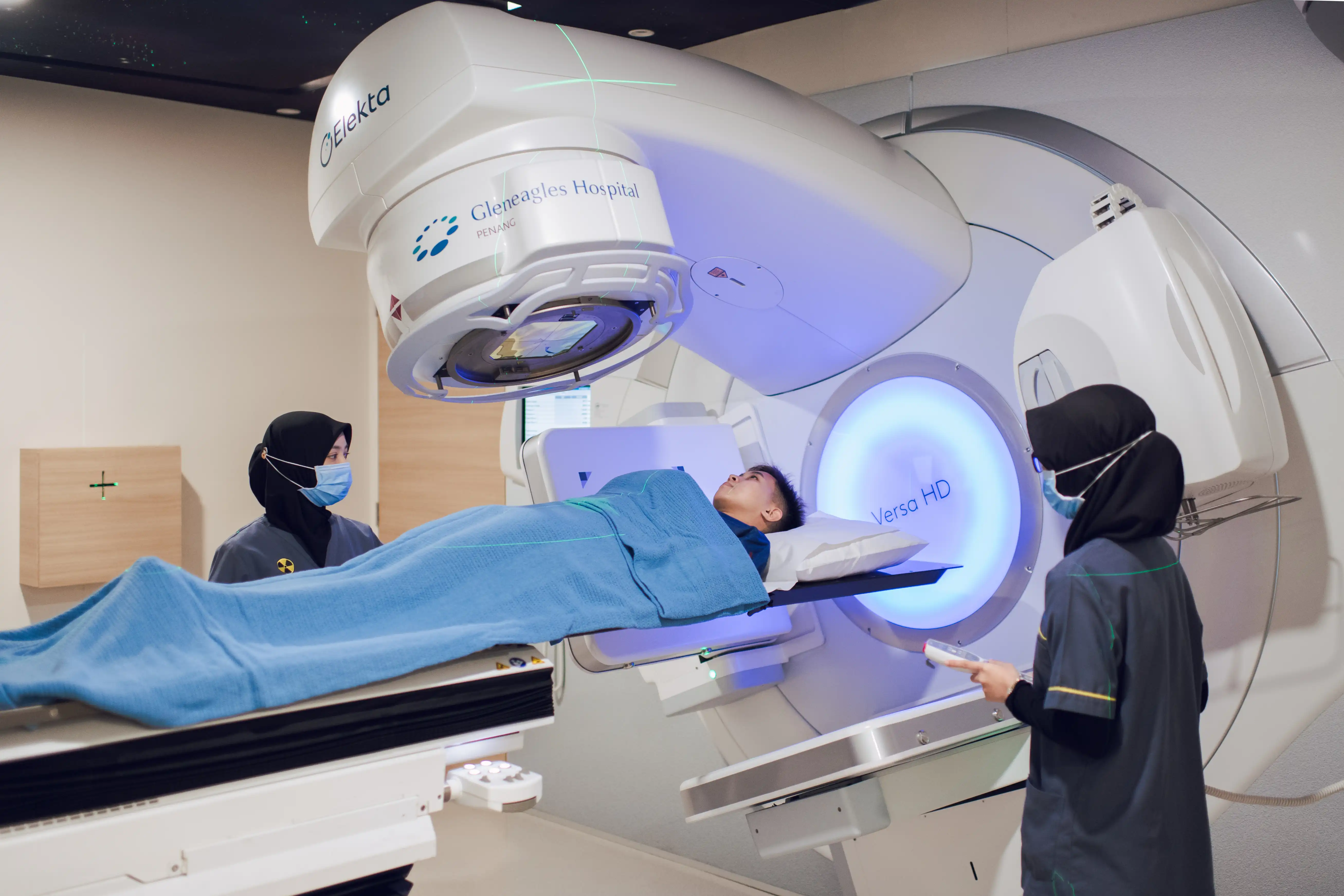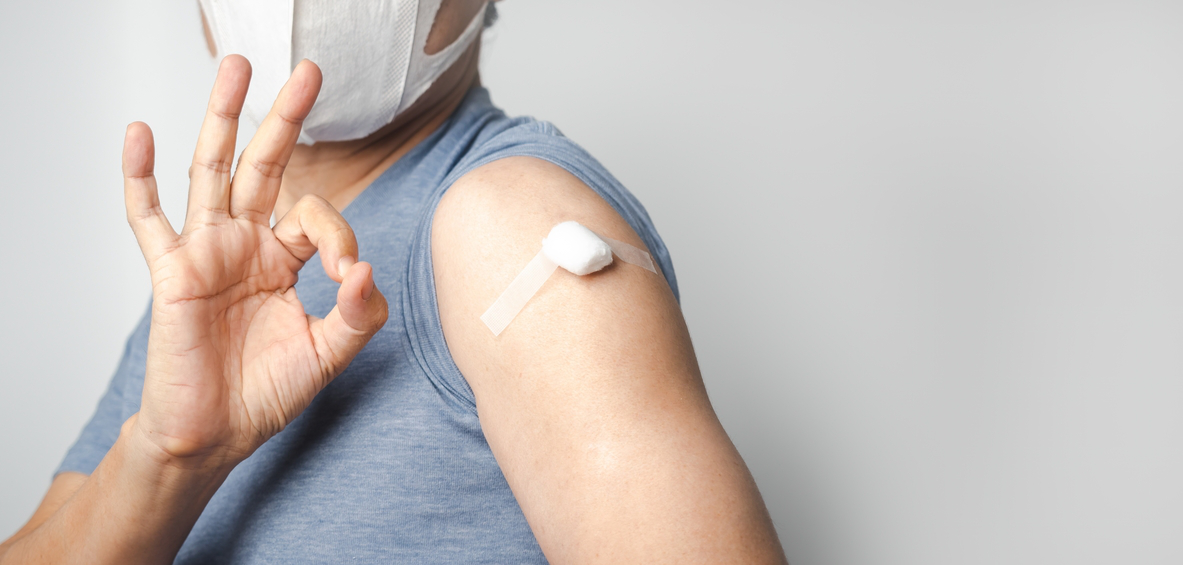Gastroesophageal reflux disease, or GERD, commonly occurs in people with diabetes. A study from 2015 looked at the rates of GERD in people with diabetes. In that study, 42% of the participants who were diagnosed with type 2 diabetes, also had GERD. There are many reasons for the higher rates of GERD in people with diabetes.
One possible cause is diabetes damage to the nerves that help your stomach empty. People with diabetes have high levels of blood sugar (glucose) and over time, high blood sugar levels can damage the nerve (vagus nerve) that control the muscles involved in breaking up food in the stomach and moving it through the gastrointestinal tract. When the vagus nerve is damaged, the stomach muscles stop working normally. Food then moves slowly from the stomach to the small intestine or stops moving altogether. This disorder is known as gastroparesis, also called delayed gastric emptying. The delayed emptying of the stomach can increase your acid levels and cause GERD and heartburn.
Obesity is one of the causes of GERD that is more common in people with type 2 diabetes. People who are overweight are 50 % more likely — and those who are obese are 200 % more likely to have GERD than those who are at a healthy weight. Studies have shown that weight gain, and an increase in the size of one’s belly may either cause or worsen this condition. The increased risk of GERD is thought to be due to excess belly fat causing pressure on the stomach, the development of a hiatal hernia that causes the backflow of acid or hormonal changes like an increase in estrogen exposure that can occur in individuals who are affected by obesity. Being overweight also makes your body less efficient at emptying the stomach contents quickly.
What Is GERD
When you eat, food travels down your esophagus into your stomach, where acids break it down. A bundle of muscles at the bottom of your esophagus (lower esophageal sphincter) keeps the acids inside your stomach.
In GERD, these muscles weaken and allow acid to rise up into your esophagus. This acid irritates the lining of your esophagus. Reflux causes the burning pain in your chest known as heartburn.
Why Is This Important?
As acid flows back into the esophagus, it can cause irritation and inflammation. Throughout time, complications can develop. The esophagus can narrow, leading to a stricture and swallowing problems. A sore or ulcer can develop which can bleed, cause pain, and make swallowing difficult. Additionally, precancerous changes can occur to the esophagus, called Barrett’s esophagus, which is the main risk factor for developing esophageal cancer.
Symptoms Of GERD
- A burning sensation in your chest that is worse after eating (heartburn)
- Feeling like there is a lump is in your throat, or sore throat
- Sour or bitter taste in the mouth
- Regurgitation of food or belching
Many people experience the symptoms of acid reflux at times. However, if the above symptoms occur more than once a week, it could indicate GERD.
Diagnosis Of GERD
Physical examination – Your doctor will start with a physical examination and checking of your medical history.
Food diary – You may be asked to keep a food diary and a list of foods that trigger GERD. This can help your doctor determine your triggers. It can also assist in diagnosis.
Endoscopy – A long, thin, flexible scope with a camera on the end (endoscope) is inserted into your digestive tract. This procedure is also done in an ambulatory care setting.
Acid probe test – This test measures how much acid is in your stomach throughout 24 hours. This test is done at an outpatient or ambulatory clinic. A thin tube is run down your nose and through your esophagus. A small device will track how much acid comes into your throat from your stomach.
Treatment For GERD
Over-the-counter (OTC) and prescription medications are available to treat GERD. OTC medication options include antacids that neutralize stomach acid; H2 blockers that reduce stomach acid; and proton pump inhibitors that also block stomach acid and allow the esophagus to heal. Combining medications can sometimes increase effectiveness.
The goal of medication therapy is to relieve GERD symptoms, allow the esophagus to heal, and prevent GERD complications.
Lifestyle Changes
There are a variety of lifestyle changes that you can make to manage symptoms of GERD. These include:
- Stay at a healthy weight – Keeping your Body Mass Index (BMI) at a normal range for your age and height can help reduce the symptoms of GERD. It can also help you better manage your diabetes.
- Quit smoking – Smoking affects your esophagus. Quitting can reduce symptoms of GERD.
- Eat smaller meals more often – Not only will eating small, frequent meals help with GERD, but it will also help with diabetes.
- Refrain from lying down for at least 3 hours after eating a meal.
Foods That Can Aggravate GERD
The list of foods, drinks and other factors that are thought to worsen GERD symptoms is quite extensive. Some of the examples are:
It is recommended to pay attention to see if any of the listed items seem to worsen your condition. If so, you can decrease or eliminate them and see if symptoms improve.










